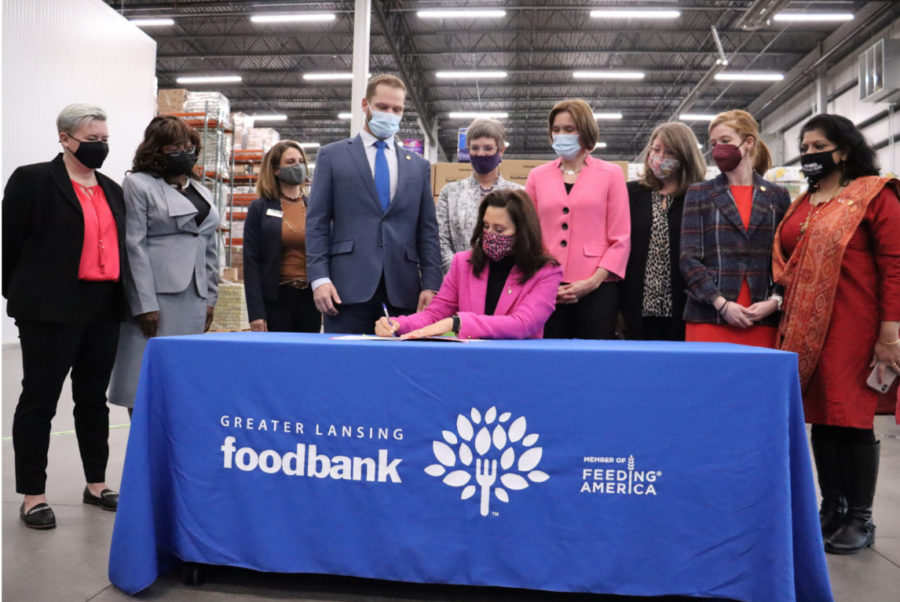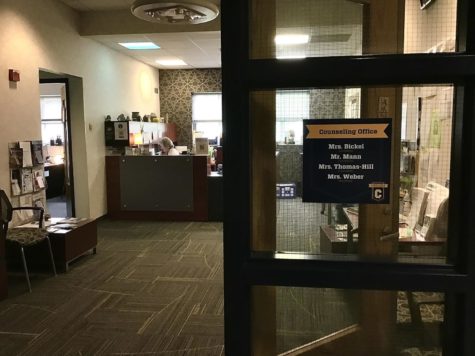Governor Gretchen Whitmer Repeals Tampon Tax for Michiganders
Governor Gretchen Whitmer signed the first bill to repeal the tampon tax. On November 4, 2021, Whitmer announced the decision. Michigan joins several other states and countries that have eliminated the tax, including Canada, Australia, the UK, and many more.
“After years of trying to repeal this tax, I am proud that we are bringing people together to put Michiganders first and drive down costs on these essential products,” Whitmer announced in her press release on November 4. “Everyone should be able to take care of their most basic healthcare needs without an unnecessary added financial burden.”
The tampon tax is the name given to the tax on menstrual products. In Michigan, there is a 6% sales tax on pads, tampons, and other menstrual products. These products are taxed as non-essential or luxury; at the same time, many other (less-essential) products are not taxed.
“This legislation allows us to reduce taxes while improving public health by eliminating an unnecessary tax on very necessary items,” Representative Bryan Posthumus said in the press release. “In my view, this isn’t a gender issue or a partisan issue, this is about putting money back into the pockets of Michigan families – and we did that here.”
The fight to eliminate this tax has been ongoing for years. The average person who menstruates will have 456 periods and use 17,000 pads or tampons. According to the previously cited press release, this can add up to the average Michigander spending between $3,360 and $4,800 over the course of a lifetime.
“[On November 5th,] I will sign the second bill in the package to repeal this tax and cut costs for families as we usher in a new era of prosperity for Michigan,” Whitmer said.
This decision will benefit so many. Everyone who menstruates deserves access to these products. The removal of the tampon tax will be a tremendous game-changer, making these important products more accessible to everyone who needs them.

Gillian is a senior and this is both her first year at CHS and on the Bleu Print. She spends her time acting, reading, and playing video games. She is...





